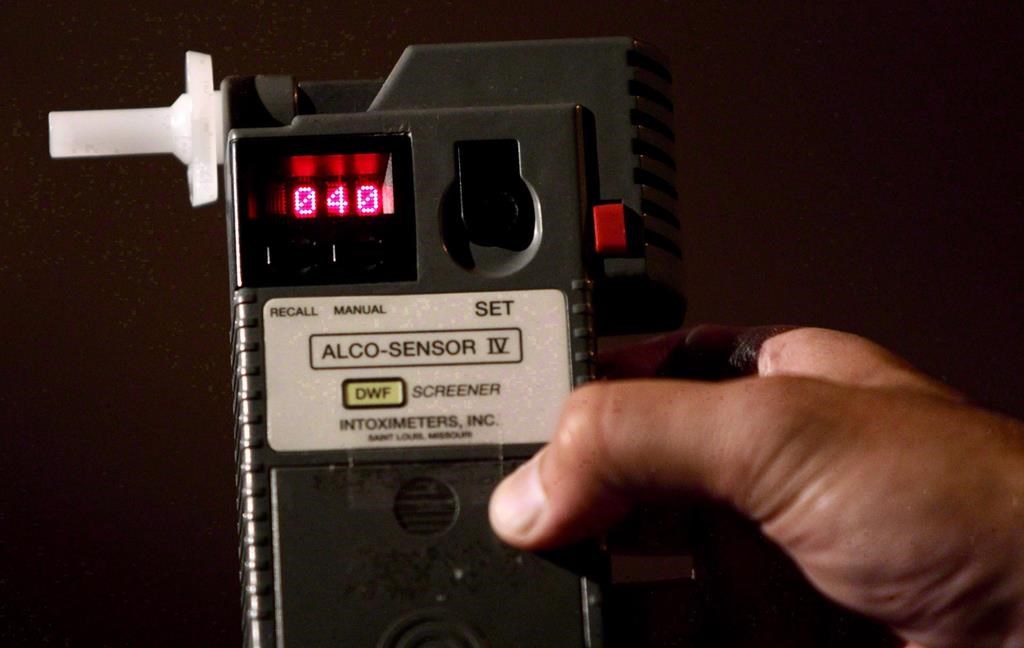Report calls for early intervention for children with autism
Posted March 31, 2017 8:00 am.
Last Updated April 1, 2017 7:16 am.
This article is more than 5 years old.
They want science to guide policy.
Two months before the province is set to unveil the Ontario Autism Program, the Ontario Association for Behaviour Analysis (ONTABA) is releasing a 135-page report detailing the latest proven methods that best help children with autism.
The group hopes Premier Kathleen Wynne’s government will heed its advice.
The report concludes early intervention with Applied Behavioural Analysis (ABA) is critical, and the earlier the better. It finds the financial benefits of treatment in the long term outweigh immediate costs; if a child gets early intervention, it can save up to $3.7 million over their lifetime because they will be more independent and require less care.
The report also calls for toddlers to receive ABA if they show red flags for autism but have not been diagnosed.
Nancy Marchese, a psychologist, certified behavior analyst and one of the report’s authors, says that is the standard in California, where it is called “early start services,” and intervention is possible for toddlers at risk for autism.
“If we see those red flags early on, it lets them into ABA because ABA teaches them skills,” she said. “We don’t need a specific diagnosis of autism to get started.”
The province has been grappling with long waiting lists, where children can languish for years before receiving a diagnosis and years more before getting treatment. Right now, there are more than 21,000 children on waiting lists for therapy in Ontario — that’s more than the number of children who are receiving it.
The government is trying to fix the problem by investing more than $500 million in its new program, but initial efforts a year ago failed terribly. The province announced children who had been waiting for Intensive Behavioural Intervention (IBI) therapy for years had “aged out” and would be put on another list for less intensive therapy.
The backlash from parents was swift and furious, sparking the “Autism Doesn’t End at 5” campaign. The government backed down weeks later, promising all children would get the therapy they needed regardless of age.
After that fiasco, ONTABA decided to write its new report.
“We definitely felt compelled to present what should be considered evidence-based practice in Ontario,” Marchese said.
“[It’s] to influence development of the new program,” added Dr, Adrienne Perry, a clinical psychologist who co-authored the report.
The report is calling for a new way of approaching ABA, the gold standard for treatment, but far different from what is currently being offered in Ontario. The authors want customized treatment for each child which could greatly increase the amount of intervention they currently receive, possibly even doubling the hours for those in greatest need.
And there would be no age cap. Children would get as much intervention as they need for as long as it is beneficial.
The Ministry for Children and Youth Services says it looks forward to reviewing the report in the design of a new program.
“We are committed to developing an evidence-based Ontario Autism Program and, in doing so, we are seeking input from families, clinicians, researchers and other experts,” the Ministry said in a statement provided to CityNews.
Related stories:
Ontario looking at extending direct funding for autism therapy: minister
Boy denied autism therapy after diagnosis comes 14 days too late
Meet Julia: Muppet living with autism to be welcomed on ‘Sesame Street’










